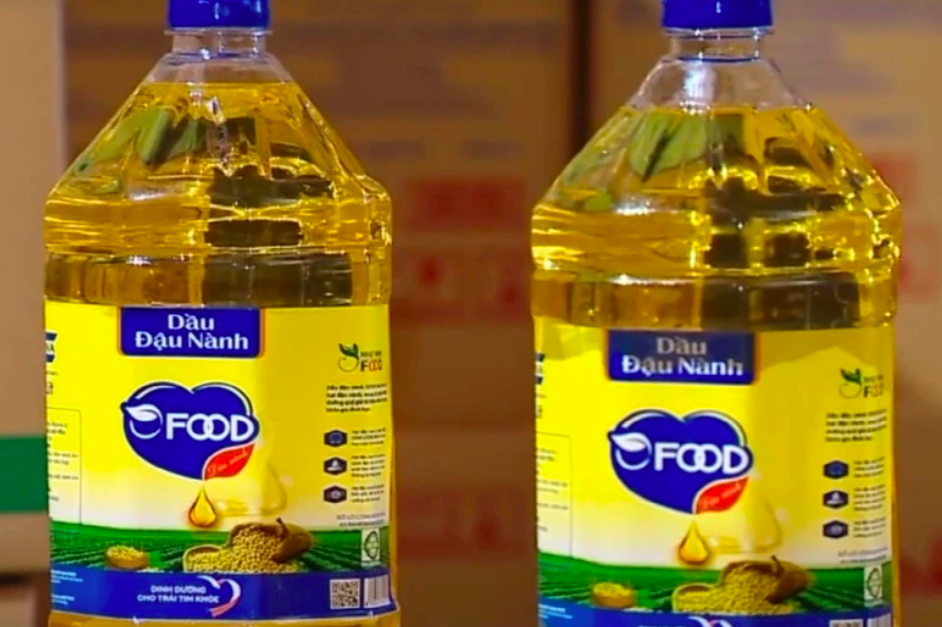The warning was issued on 25/6, following the Hung Yen Province Police's dismantling of a large-scale fake cooking oil production and distribution ring operated by Nhat Minh Food Import-Export and Production Company Limited. According to investigators, the company imported vegetable oil intended for animal feed production, then relabeled it as OFOOD brand cooking oil for human consumption. Tens of thousands of tons of the counterfeit oil were sold, mainly distributed to industrial kitchens, restaurants, and food processing villages.
A representative from the Food Safety Administration said the fake oil "poses a serious risk to public health". The administration advised food production and business establishments, especially canteens and ready-meal providers, to scrutinize suppliers' declarations and ingredient records, rather than relying solely on packaging and labels when using cooking oil.
"Establishments must not use ingredients for purposes other than those declared, even with complete invoices and documentation," the representative emphasized. Citizens should immediately report any suspicious findings to the authorities.
According to regulations, vegetable oil is a product group managed by the Ministry of Industry and Trade for food safety, covering the entire production, processing, trading, and circulation chain, the Food Safety Administration representative said.
 |
Cooking oil for livestock turned into food for human consumption. Photo: VTV |
Cooking oil for livestock turned into food for human consumption. Photo: VTV
Recently, authorities have uncovered a series of substandard or counterfeit food products. In April, officials seized over 71,000 liters of cooking oil, approximately 40 tons of monosodium glutamate (MSG), 22 tons of seasoning granules, and 9 tons of fake salt in Phu Tho. Tens of tons of food of unknown origin, including frozen chicken, frozen chicken offal, sausages, and hot pot ingredients, were discovered in Hanoi. In Nghe An, bean sprouts were found to be soaked in chemicals.
The distribution channels for these food products vary, including social media, traditional markets, and canteens in industrial zones and schools, often attracting buyers with low prices.
Unsafe food poses an immediate threat, causing acute food poisoning, digestive disorders, nausea, vomiting, and diarrhea. It also has serious long-term health consequences, including chronic diseases like cancer, liver and kidney failure, and reproductive health issues due to chemical and microbial contamination. This puts a strain on the healthcare system and affects people's lives.
Le Nga












